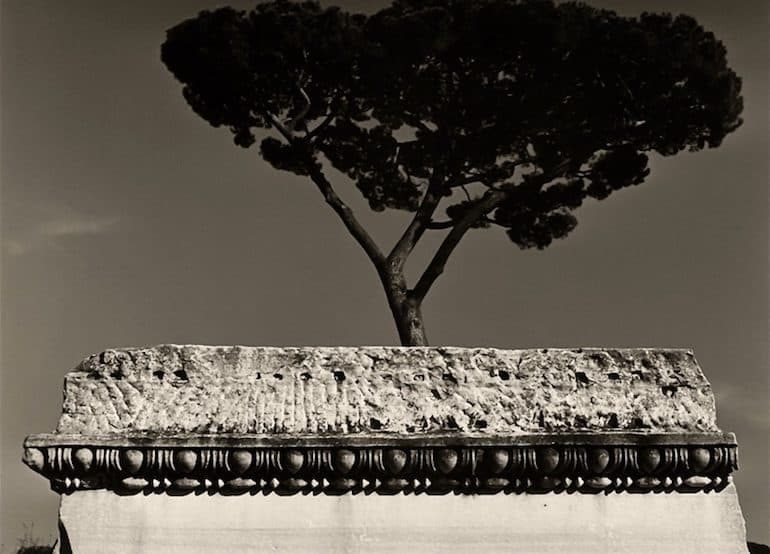Cool sites to visit in Rome
From the Trevi Fountain to the Roman Colosseum, Rome’s vast variety of ancient architecture convinces tourists to trot around the city hoping to capture it all. The task though is nearly impossible which is why we’ve compiled a number of peculiar must-see places in Rome.
Castel Sant’Angelo
Lungotevere Castello, 50 (Borgo)
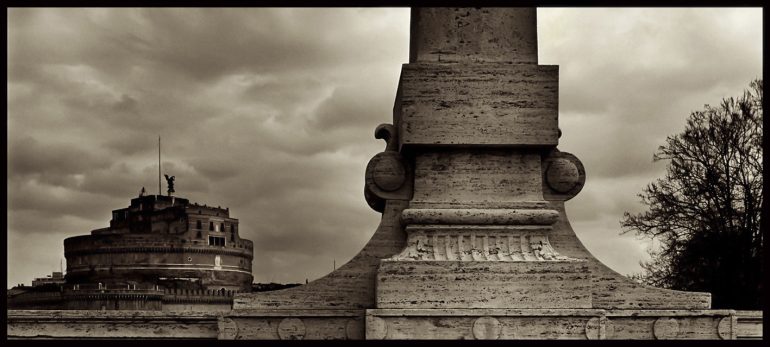
Once home to Roman Emperor Hadrian and a pathway for the former Pope to avoid adversaries, this ancient castle is now a five-floor museum that provides visitors with a breathtaking view of the city. Each floor is extensively decorated and allows tourists to immerse themselves into the ancient Roman castle. An angel sits at the top to mark the end of the plague that tore through Europe. People who want to see what sets this place out from the rest can take a tour from €7 – 11
Veduta Dal Ponte Sant’Angelo
Minutes from Lungotevere Castello, 50 (Lungotevere)
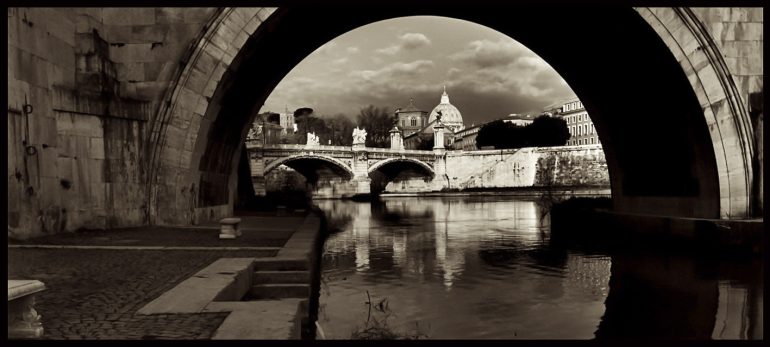
There’s another way to see Castel Sant’Angelo and it’s from under a bridge. People visiting Rome can stroll down some steps feet away from the ancient castle and view it from a different angle. With water in sight, it changes the way people peep at Castel Sant’Angelo. The best part: the view is free.
Palazzo Della Civiltà Italiana
Quadrato della Concordia, 3 (Eur)
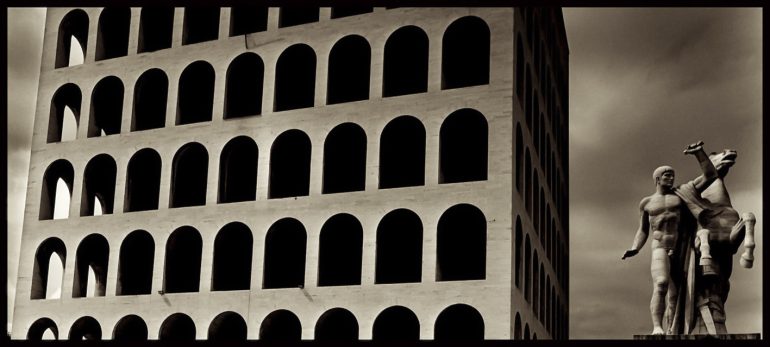
Want to do some shopping? Stop by Palazzo Della Civiltà Italiana. It’s the global home to the luxury fashion shop, Fendi. The nearly 100-year old building attracts tourists from all over the world with its niche design. Because it was erected with orders from Mussolini, the building serves as a reminder of New Classical and Fascist architecture. People can view the building for free if they don’t want to spend big bucks on clothing.
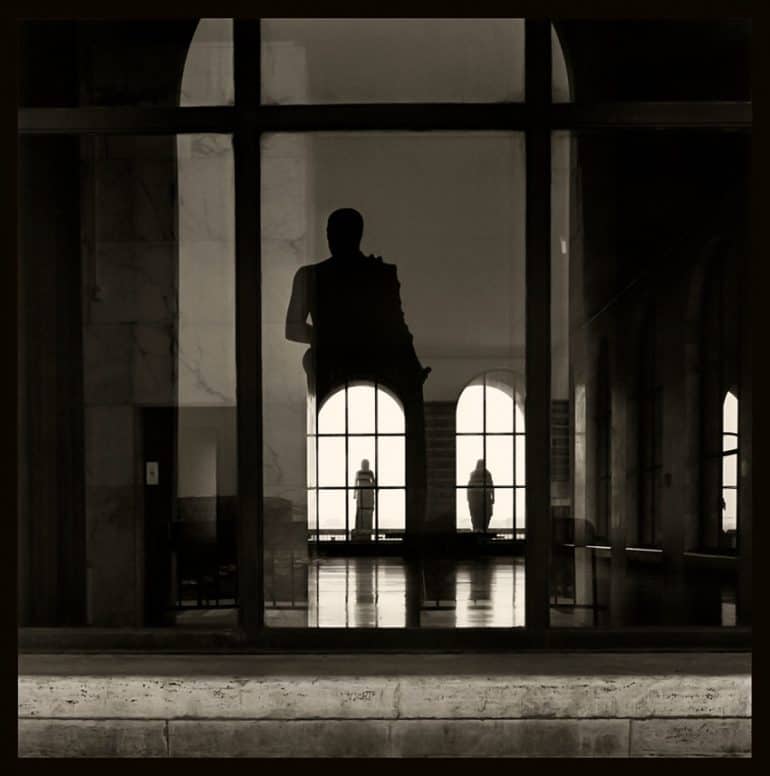
If you finish shopping at Fendi, you can make your way inside other parts of the plaza. It offers visitors vibrant views of Rome and ancient sights of Roman art. No need for tickets. It’s free which adds another reason for people to tour the ancient building.
Acquedotto Romano
Entrance Via Lemonia (Appia)
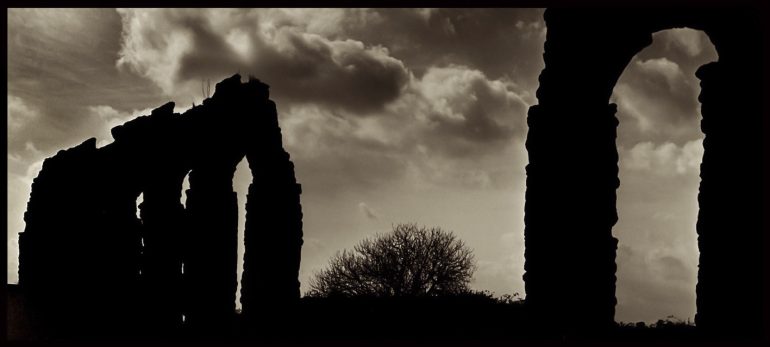
A look at one Rome’s famous aqueducts will leave you wanting to check them all out. Thankfully there’s an opportunity to do just that. Visitors can take a stroll through The Parco degli Acquedotti which features more than 10 Roman aqueducts. These ancient structures are often overlooked by tourists despite being free to view. People who visit these aqueducts experience a taste of green pastures and refreshing water-pathways.
Check out Rome’s garden and parksTempio Di Castore e Polluce
Foro Romano (centro storico)
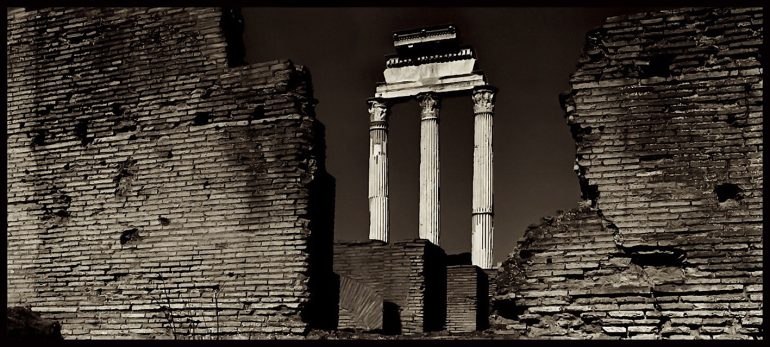
Two knights, who were twins, led Rome to victory during the battle of Lake Regillo in 499 BC. A monument, known as the Corinthian columns, still stand to serve as a reminder of their bravery. Tourists can snap pictures of the three ancient columns for free all while immersing themselves into Roman history.
Stadio Dei Marmi
Viale dello Stadio dei Marmi (Foro Italico)
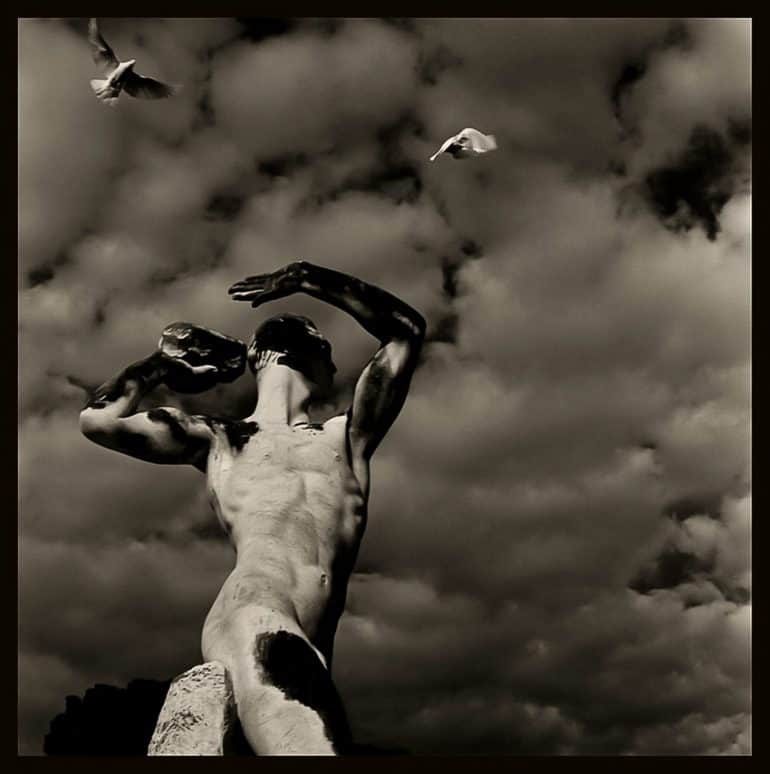
The Stadio Dei Marmi is a nearly 100-years-old sports stadium and was created to complement the Academy of Physical Education, a training site for students. This statue is one of 59 in the sports stadium. From soccer to tennis, each monument represents a sport played at the time. Visitors can check out this statute and all the others for free.

This is another statue visitors can check out if they choose to visit the sports stadium. As mentioned before, the stadium covers 59 activities providing people with the opportunity to soak in a wide range Roman ruins. It’s free which makes it even more enticing to visit.
Check out where to run in RomeParticolare Dell’Altare Della Patria
Piazza Venezia (centro storico)
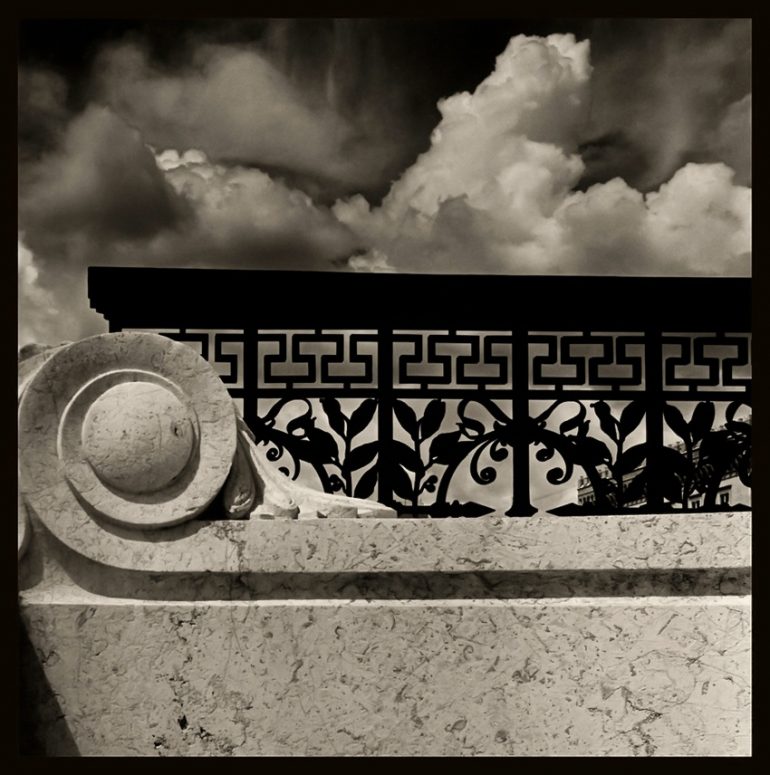
The Particolare Dell’Altare Della Patria is dedicated to Victor Emmanuel II, the first king of Italy after unification. The statute is made of marble and deflects sunlight making it perfect for pictures. The terrace that the statute sits in provides a scenic view of Rome as well. Visitors can take a closer look of it for €7.
About the Photographer: Augusto de Luca
edueda.netAugustoDeLucaFineArtPhotography
After graduating in law, Augusto De Luca became a professional photographer in the mid-1970s, working along the boundaries of traditional and experimental photography. With his style, he has been going through multiple photography genres, making use of many materials, always trying to enhance primary elements with his photography. Augusto de Luca is known internationally and his exhibitions have been held in numerous galleries and museums; he has made commercials, record covers and photo books.


